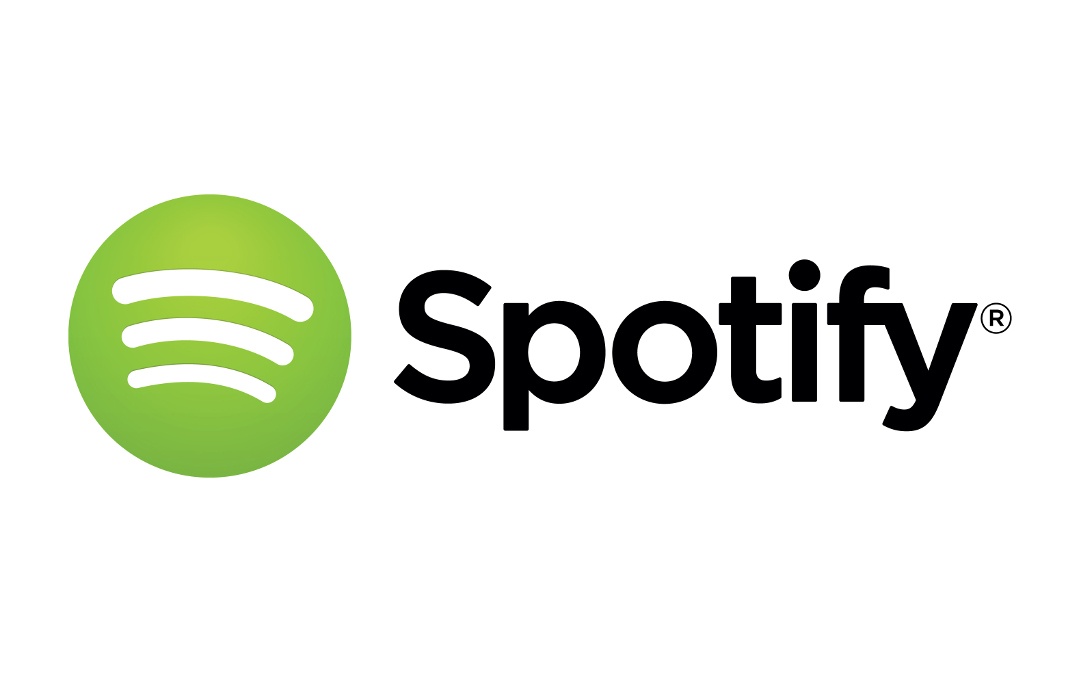Identify the Problem…
You know something is wrong when a streaming music company – rather than Wall Street – is improving the way private companies go public. In today’s Wall Street Journal, I explain Spotify’s “direct listing” and theorize what the “Un-IPO” means to big brokerage institutions:
What Spotify’s Un-IPO Means for Wealth Management
But here in Wealth Management 101, I explain why direct listings illustrate the importance of hiring financial advisers for their individual skills rather than the brand names of their employers.
IPO Pricing is More Art Than Science
Let’s start with historical context.
In May 2012, Facebook went public at $38. About three months later, its shares fell below $18, a disaster then, a so-what now as the social-network giant is trading around $170.
Alternatively, prices can soar. I once ran the directed-share program for an IPO in which the offering price was in the mid $30s. By the end of the first day of trading, it closed near $170.
Giddy-up, cowboy!
Why Direct Listings Eliminate Guesswork
Spotify is charting a course to public ownership in which it simply lists it shares on a public exchange but does not raise new capital.
After listing their stock on public exchanges, companies wait for their share prices to settle into a trading range. When they need fresh capital, they sell new shares to the public. In effect, they are bypassing IPOs and positioning themselves for secondaries, where the syndicate desks of investment banks rely on the markets rather than educated guesses to set offering prices.
Companies still file with the Securities and Exchange Commission. And while they are likely to hire I-bankers for guiding them through this process, advisory fees for direct listings are typically less than IPO fees, which can be as much as 7% of the total capital raised.
Un-IPOs are Game Changers
If Spotify is successful, its path to public ownership is likely to become the route that other companies follow.
Many of Spotify’s 31 investors are venture capitalists from Silicon Valley. Accel Partners has invested in 7 unicorns. GSV Capital owns stakes in ride-sharing firm Lyft, Palantir and Dropbox. Kleiner Perkins has backed companies ranging from AirBnB to Uber. The capital markets honor innovation by replicating it. And all these financiers have financial incentives to pay less and improve pricing as they exit their portfolio positions.
See what I mean? There are lots of interested parties watching a streaming music company improve the way IPOs get priced.
Wealth Management 101 = Hire the Suit, Not the Label
In the Wall Street Journal, I quote a financial adviser, who says Spotify’s direct listing is an example of “the disintermediation of Wall Street at every angle.”
There was a time when Wall Street institutions offered superior research and trading of companies they took public. We referred to an investment bank with such an edge as “the ax in the stock.” (This expressions sounds a little too “Game of Thrones” for my taste.)
But those days are gone. Spotify’s Un-IPO shows that big brands are losing their significance, that Silicon Valley is challenging Wall Street’s traditional models, that what matters most to investors (wealth management 101) are 1) the expertise of individual advisers and 2) whether they focus on your needs instead of their own.


 The New York Times describes my novels as “money porn,” “a red-hot franchise,” and “glittery thrillers about fiscal malfeasance.” Through fiction I explore the dark side of money and the motivations of those who have it, want more, and will steamroll anybody who gets in their way.
The New York Times describes my novels as “money porn,” “a red-hot franchise,” and “glittery thrillers about fiscal malfeasance.” Through fiction I explore the dark side of money and the motivations of those who have it, want more, and will steamroll anybody who gets in their way.